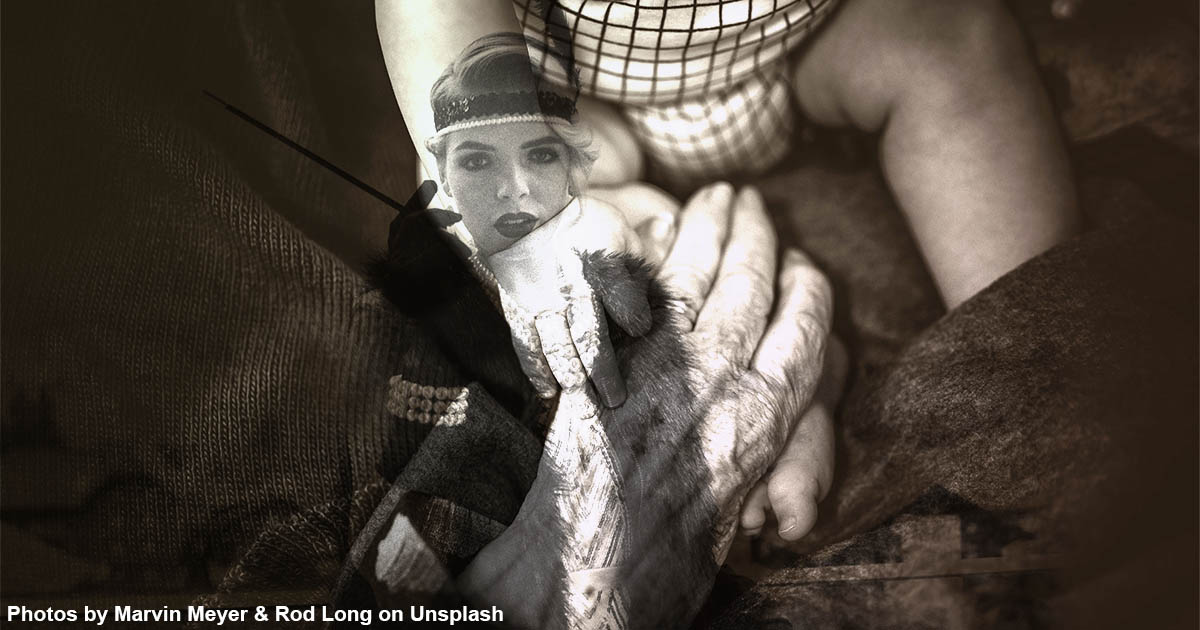The roaring twenties
This is a decade when Christians can be a voice for change for the elderly, says Louise Morse

2020 – 2030 has been designated the decade of healthy ageing by the World Health Organisation. The WHO is involving government and organisations to improve the lives of older people, their families, and the communities in which they live. According to the WHO, ‘all stakeholders pledged that no one will be left behind and are determined to ensure that every human being can fulfil their potential in dignity and equality and in a healthy environment.’
When we read ‘healthy ageing’ and ‘older people’ we instinctively tend not to include ourselves, seeing ‘older’ as ten years older than we are today. Yet every person on the planet is ageing, so we are all stakeholders.
The lives of millions of older people in the UK fall far short of ‘fulfilling their potential in a healthy environment.’ Our social care system is broken, and thousands of older people feel their lives are not worth living (Age UK research).
Elderly women have the highest rate of suicide throughout their life span, and males aged 75 and over have the highest rate of suicide in nearly all industrialised countries. This includes Christians. The saddest thing to hear is a 100-year old woman saying she is still here because God has forgotten her, and another that death was preferable to the pain of loneliness.
Many churches are doing great work in reaching the lonely in their local communities. But to see real change we need to be heard at national level. There needs to be a loud Christian voice in the narrative that emerges over the next ten years – a roar of protest. It’s part of what we are called to do.
“Speak out on behalf of the voiceless, and for the rights of all who are vulnerable. Speak out in order to judge with righteousness and to defend the needy and the poor,” says Proverbs 31, 8,9
Thinking of our ageing population and older people, here’s my list of what I'd like to see in ten years’ time:
-
A well thought out, planned and funded social care program that supports older people and their families so that no one dies alone and unsupported waiting for their care package to begin. One that also supports family caregivers so that their health isn’t broken, they can give their best and live fulfilled lives themselves. One that takes away the fear of growing old. So we don’t hear things like, ‘I don’t want to be a burden’, and ‘it would be better if I weren’t here.’
-
An appreciation of good residential care, and how living in a care home blesses relatives as much as it does the resident. Relationships can deepen when trained carers are doing the ‘heavy lifting’. We need to see the perception of care homes that has resulted from the slew of media stories portraying them in a poor light, corrected. There also needs to be awareness of the value care homes bring to their communities, in terms of employment, buying in local goods and services, and more.
-
Laws that make “ageism” not only illegal but as abhorrent as racism and other ‘isms’. Already wording on some cosmetic packaging is being altered from promising to ‘end the signs of ageing’ to ‘making the most of you …’ and ‘enhancing your glow’ and suchlike. People didn’t fasten their seat belts until it was made law and the same restraint applies to ageism.
-
Education in all forms that has been so effective that everyone recognises ageism in themselves as well as in others and deals with it. Being ageist has been described as self-harm, because it leads to poor health in old age and even early death. It shapes our expectations and only leads downhill
-
Older people recognising their role and their worth, including those that are frail and with physical disabilities. I’ve met people in their late 90s and 100s, totally bedbound, who encourage and pray for others, some for the whole nation.
-
Christians and church leaders acknowledging that God designed life to include old age. That it is not an evolutionary wasteland, and valuing the attributes that God hones in all of us throughout our lifetimes. (See Psalm 92 and Galatians 5: 22,23.)
It would be good to be able to read, in ten years’ time how the Church’s voice has been an influence for change. As individuals we can begin in a small but effective way, by emailing or writing to our MPs, wishing them a productive time in the new Parliament, adding that we hope they will raise the issue of social funding again and again, until a good plan is in place.
Louise Morse is author of several books on old age, a cognitive behavioural therapist and media and external relations manager with 212 year old Christian charity supporting older people, the Pilgrims’ Friend Society
Agree? Disagree? Share your thoughts via our letters' page.
Baptist Times, 10/01/2020